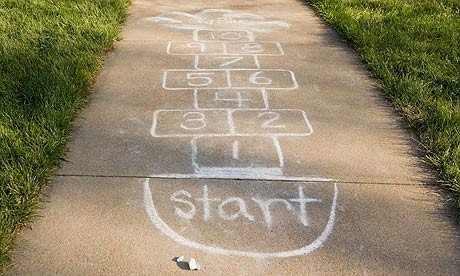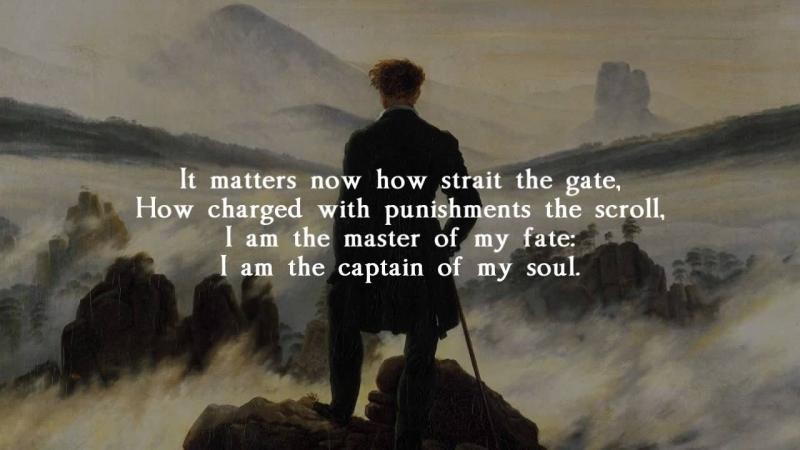Coaching skills
Ten Steps To Structuring Great Wellness Coaching Sessions

Wellness coaching clients show up for appointments desiring to make progress in improving their lifestyles and thereby improving their lives. For as much as they want the session to be productive, it is easy for the client and the coach to drift together from topic to topic and finish up realizing that little has been accomplished. Sometimes a client comes…
The Best Coaching Question

The Best Coaching Question
As a guest on Mike Vera’s Podcast Healthy & Awake (https://mikevera.com/healthy-%26-awake-podcast) I was surprised to be asked “What’s your favorite question to use in coaching?” For a brief moment I was puzzled by the question, then I immediately said
“What are you aware of right now?”
…
The Great Utility of Coaching In The Emotional Realm

According to Plato: Human behavior flows from three main sources: desire, emotion, and knowledge.
Coaches often cautiously retreat from the affective level with their clients for fear of crossing the line into therapy. Other coaches with a professional mental health background are comfortable going in this direction, but don’t often know how to shift from a therapeutic approach to…
The Growth Mindset vs. The Fixit Mindset in Coaching

“We define mindsets as core assumptions that we have about domains or categories of things that orient us to a particular set of expectations, explanations, and goals. So to put that a little bit more simply, mindsets are ways of viewing reality, that shape, what we expect, what we understand, and what we want to do.” Alia J. Crum, PhD…
The Language of Effective Coaching Accountability

While mentoring a coach along the path towards her ACC (Associate Certified Coach through the ICF – International Coaching Federation - http://coachfederation.org) I observed her repeated hesitancy in using accountability in her coaching. As we explored this I found that in her coach training she had been exposed to a style of enforcing accountability instead of co-creating accountability…
The Quandary of Closeness And Compassion in Coaching

“Don’t get too close to your clients.” It may have been my junior year of being an undergraduate psychology major when a professor offhandedly gave this warning to me and a couple of other students. There is always this question about ‘therapeutic distance’. Clearly when a therapist allows their own feelings of attraction or repulsion, insensitivity or caring to interfere…
The Tao of Wellness Coaching: Part Two – Practical Applications

When the best leader's work is done the people say 'We did it ourselves.' Lao Tzu
In Part One - In the previous post "The Tao of Wellness Coaching – Part One - What Centers Us?" http://wp.me/pUi2y-lN we grounded ourselves in the history…
The Utility of Self Determination Theory and Motivation in Wellness Coaching – Part One: Motivation

“Don’t ask how you can motivate others. Ask how you can create the conditions within which others will motivate themselves.”
Edward L. Deci
The motivation of the coaching client for change is usually seen as the foremost factor in the coaching process, yet many coaches lack adequate knowledge of this concept. Some coaches believe that is it somehow their…
The Utility of Self Determination Theory and Motivation in Wellness Coaching – Part Two: Autonomy, Competence & Relatedness

As health and wellness coaches work with their clients to help them live their healthiest lives possible, an understanding of the basics of Self-Determination Theory of Edward Deci and Richard Ryan (http://selfdeterminationtheory.org), is very useful. In the Part One blog posting on this subject we looked at how this theory addresses human motivation. (https://wp.me/pUi2y-nT). Here we…
Wellness Coaching For Medical Compliance/Adherence and Growth

Most clients who struggle with medical adherence and/or the lifestyle improvements recommended by their treatment team (the Lifestyle Prescription) benefit from the structure that wellness coaching provides as well as the power of the coaching alliance. Clients are attempting to adopt new behaviors, shift from old unhealthy behaviors, and often reorganize their lives radically to do so. They benefit from…
Where The Listening Starts

Where Listening Starts
An essential part of any wellness coach training is focusing on developing competency in what the ICF (International Coaching Federation) calls Active Listening – Paraphrase and Restatement; Reflection of Feeling; Request for Clarification; the use of Silence and Intuition; Summarization. Yet the active listening skills that we talk about aren’t really skills about how to listen…







